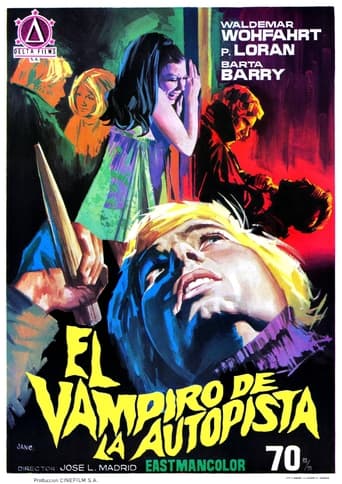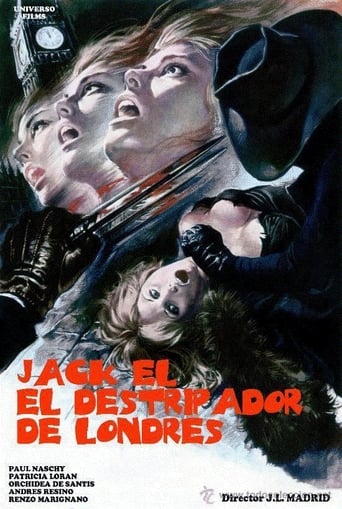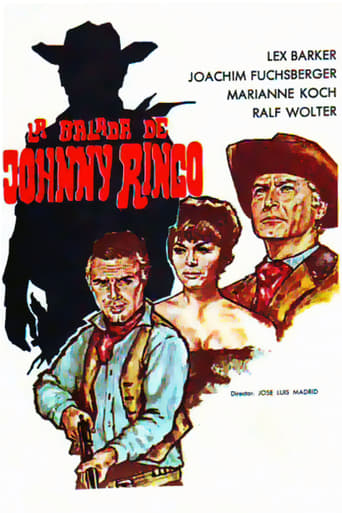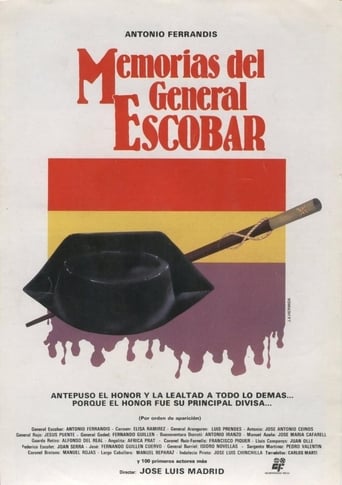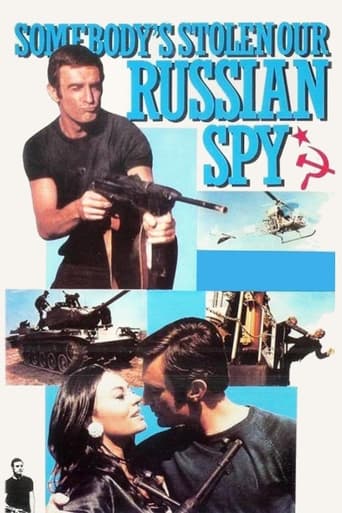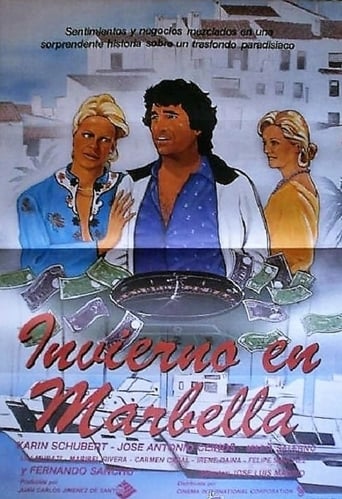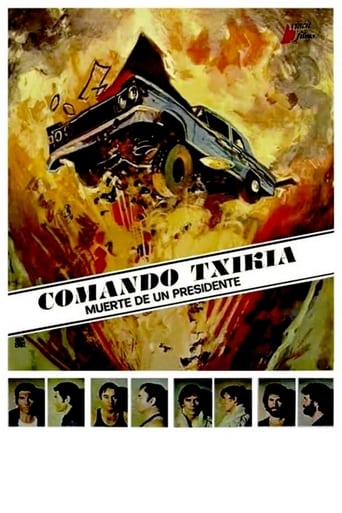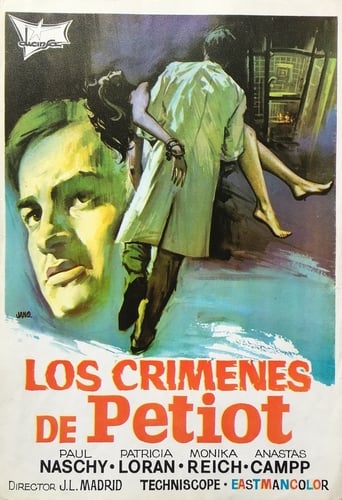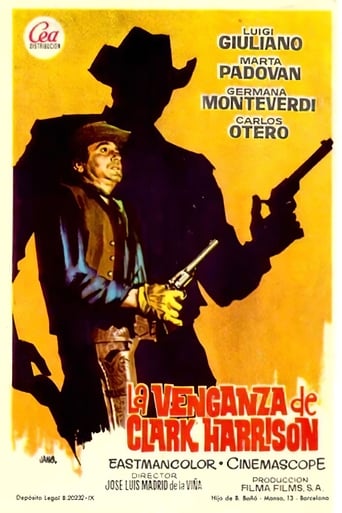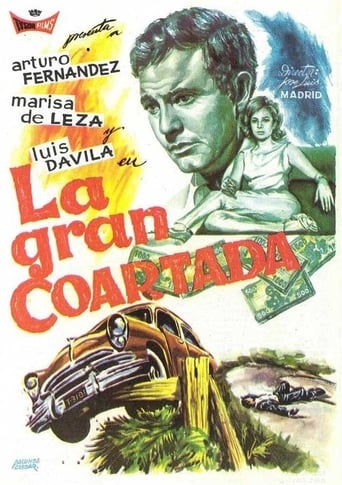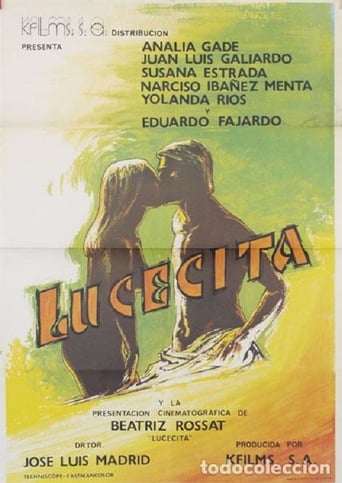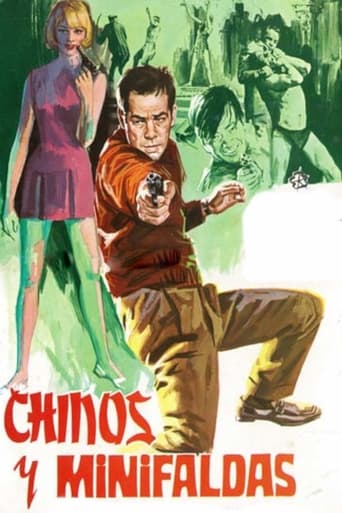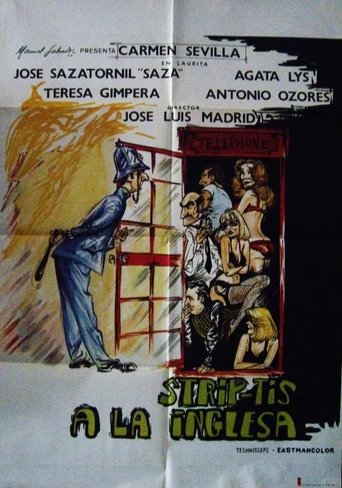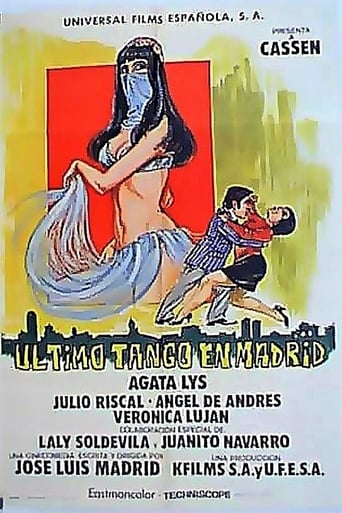
José Luis Madrid
José Luis Madrid is rather a man of cinema than a filmmaker, because apart from director, producer and screenwriter, he also was a member of the boards of producing American Films, SL, Andorra Films, SA, Cinefilms, SL, Theatrical Production Ufesa, SA, Servifilms, SL, Kfilms, SA, José Luis Madrid, PC, Film Cooperative Collects and Tilman Films, in positions ranging from owner to chairperson, and also owner of the Madrid theaters Picasso and Lumière, as well as the studios of Apolo Films in Villalba (Madrid),film producer formerly owned by his uncle, the also director Antonio del Amo, under whose orders began to take his first steps in the profession. Law school graduate and enrolled in the QFII, which would not get to finish his studies, his official filmography of more than twenty films thrives mostly genre films,from thrillers to euroespías, españoladas, lurid dramas or the typical post-Franco movies or horror movies, style where most of their raids would be perpetrated by the emblem of this movement in Spain, the actor, screenwriter and director Jacinto Molina - Paul Naschy, the result of whose collaboration are 'Jack the Ripper of London / Sette Cadaveri per Scotland Yard' (1971) and crimes of 'Petiot' (1972). In 1960 he signed his debut as a director with 'Adieu, Ninon'. As for his contribution to the Mediterranean western, closer to the European American classic running style, it consists of three titles concentrated in the mid-60: 'Tomb for Desperado' (1965), 'Revenge of Clark Harrison / the colt spietata of Ringo' (1965) and 'The ballad of Johnny Ringo / Wer Johnny R. Kent?' (1966), Spanish-German co-production starring the former Hollywood star Lex Barker and 'Seven Jackals' (1974), starring Anthony Steffen and Gianni Giarko. Also the Iquino production of 'A dollar fire / A dolaro di fuoco' (1965). Madrid would direct such unaccredited two dozen feature films in Germany for local producer Artur Brauner, most of whom were Krimis, German police clearly and very popular genre in the country, usually consisting of adaptations of novels of Edgar Wallace. Already in the 70s he followed the same modus operandi, this time in British low-budget productions. Artisan of limited skills and without overly relevant in his curriculum title, throughout his career he also showed a sense of opportunism with productions such as 'The Vampire motorway' (1969), horror film inspired by a series of real murders occurred in the Spain of the time, and 'The hyena' (1973); 'Last Tango in Madrid' (1975), comic byproduct trying to bring revenues to the success of 'Last Tango in Paris' (1972) by Bernardo Bertolucci; or 'Command Txiquia - Death of a President' (1977), reconstruction of the terrorist attack that would end the life of Admiral Carrero Blanco, filmed without permission in the same places where the events occurred, with which anticipated the celebrated 'Operation Ogre' (1979) by Gillo Pontecorvo. - IMDb Mini Biography By: jsanchez
- Isihloko: José Luis Madrid
- Ukuthandwa: 0.158
- Eyaziwa Nge: Directing
- Usuku lokuzalwa: 1933-04-11
- Indawo yokuzalwa: Madrid, Spain
- Ikhasi eliyisiqalo:
- Obeye aziwe njengo: José Luis Madrid de la Viña, Jose Luis Madrid, Jim Delavena

